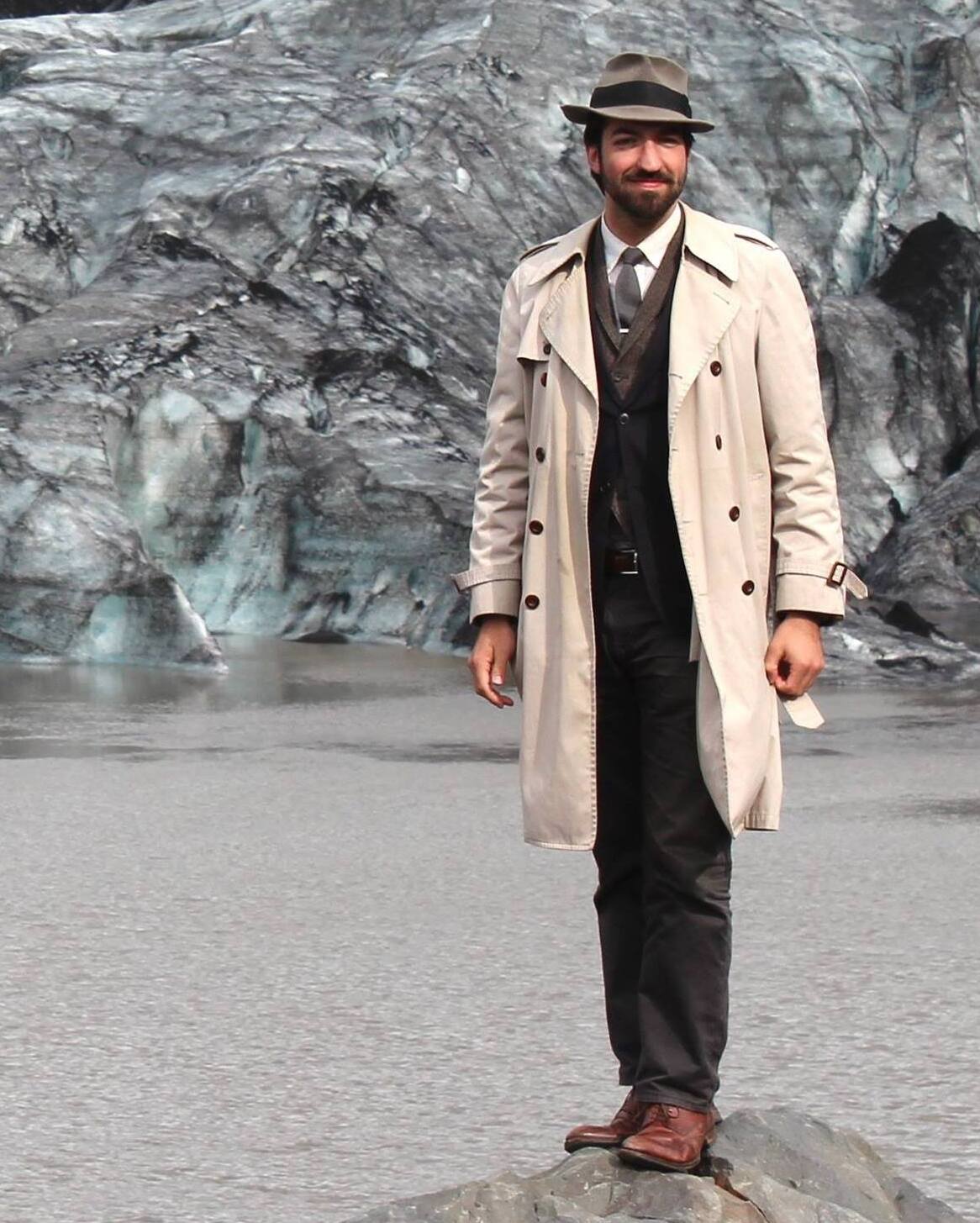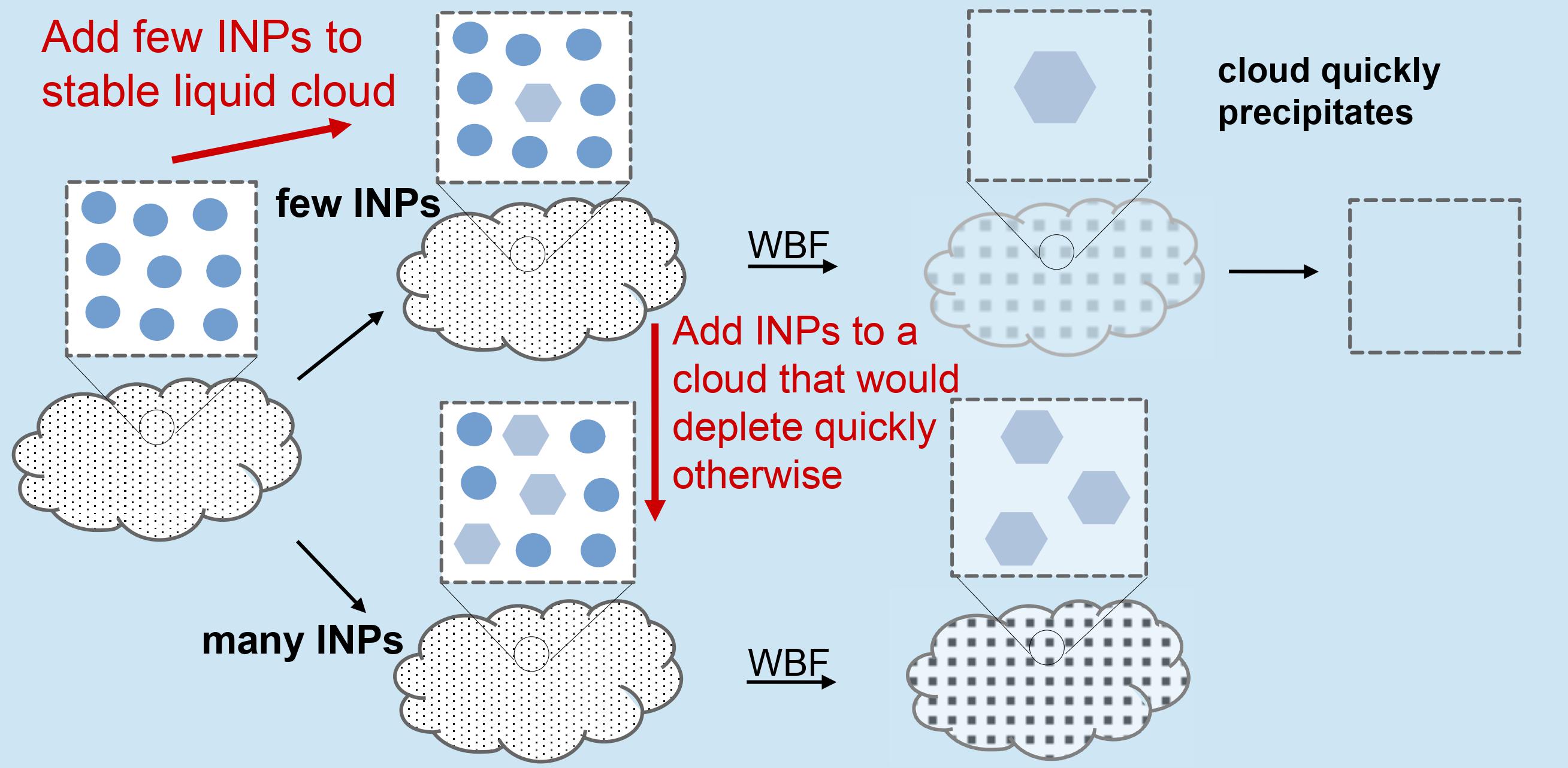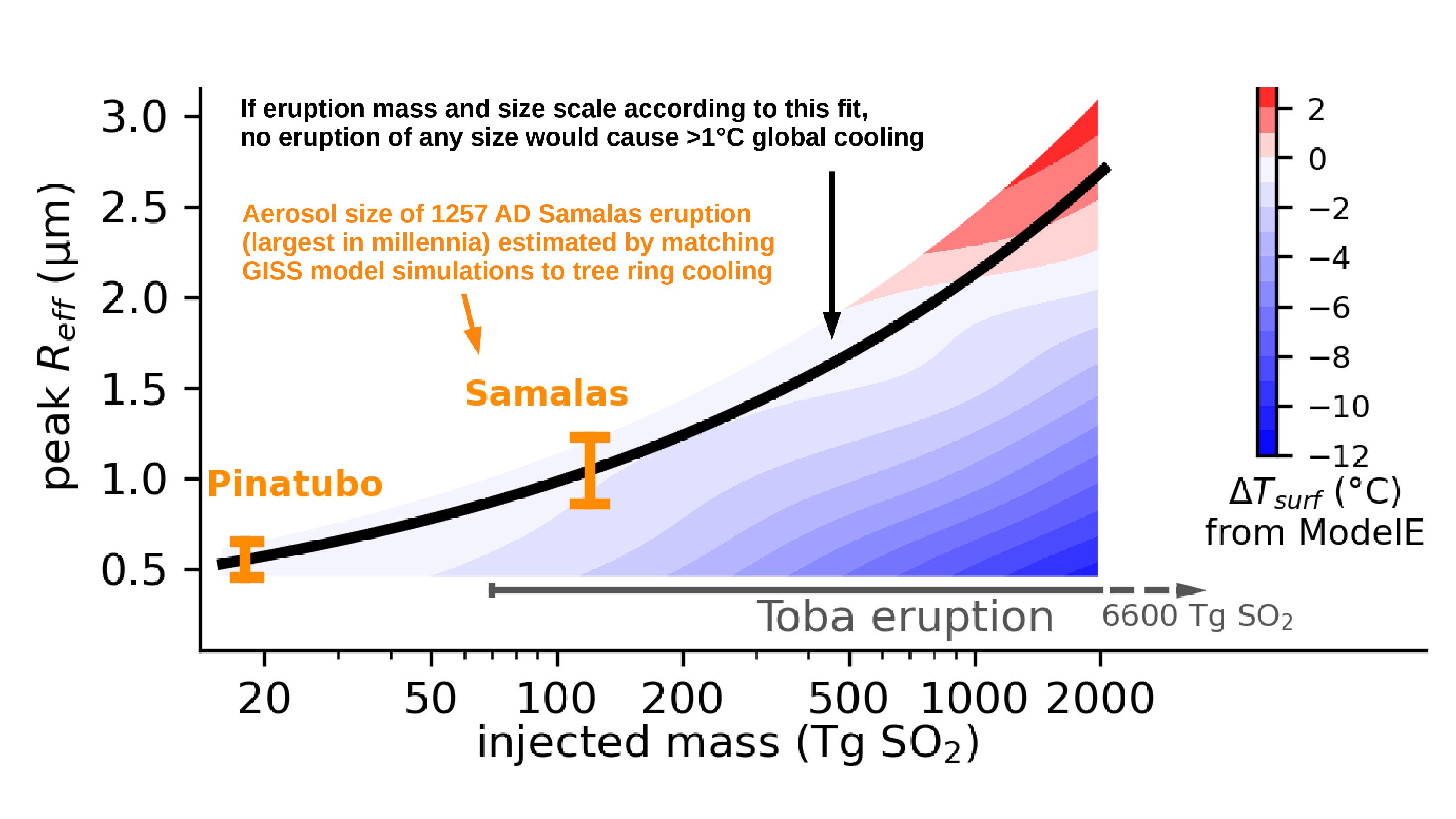Dr. Zachary McGraw | Aerosols, Clouds, and Climate
About


I am an atmospheric scientist and global climate modeler, dedicated to improving our understanding of the role aerosols and clouds play in Earth's climate system.
The complex microscopic processes controlling aerosol and cloud development are the main obstacle to simple constraints on global climate change. In addition to being a major impediment to accurate climate prediction, these processes are crucial for understanding aerosol-driven climate shifts, including those caused by pollution and volcanic eruptions.
Currently I am a postdoc in Prof. Lorenzo Polvani's group at Columbia University as well as at the NASA Goddard Institute for Space Studies, both in New York City.
Download CVResearch
Current research interests include:
- Impacts of aerosol-cloud interactions on global climate
- Intensification of climate change by cloud feedbacks
- Volcanic aerosol impacts on temperature and precipitation
- Importance of ice cloud microphysical processes in the climate system
Ice clouds and global climate
Microphysical processes in ice clouds have wide-ranging influence on Earth's climate. These processes are difficult to constrain, causing major gaps in our understanding of temperature and precipitation responses to greenhouse gases and aerosols.

Ice nucleating particles cause opposite effects in different clouds, complicating quantification of net radiative effects.

Aerosols from deserts and pollution can alter clouds' influence on temperature by enabling ice formation (acting as ice nucleating particles, INPs). This is important to constrain in order to disentangle aerosol effects from historical greenhouse gas influence, as well as to plan for the impacts of aerosol regulations. Much of my work on the climatic influence of INPs focuses on how impacts tend to cancel between different cloud types and radiative interactions, making quantification of the full effect extremely difficult.
Clouds that can exist as either liquid or ice (mixed-phase clouds) substantially influence the extent to which Earth's climate will warm due to greenhouse gases. Ice clouds in a warming climate will de-glaciate into more reflective liquid clouds, causing what is known as the cloud phase feedback. INP effects set the ability for these clouds to de-glaciate in response to warming, and hence are important to get right in global climate models. We recently came out with a study explaining how aerosol-cloud interaction updates to the CESM climate model caused a ~1°C jump in climate sensitivity — warming in response to a doubling of CO2 — from CESM1 to CESM2.
Global volcanic impacts

Post-eruption temperature response critcally depends on aerosol size (here effective radius, Reff). Our constraint on this property suggests very large eruptions cause much less global cooling than previously held.

There are numerous theories of volcanic aerosols causing catastrophic impacts on early humans and historical societies by inducing cooling and precipitation change far from eruption sites. My colleagues and I found that even volcanic super-eruptions may be incapable of causing more than 1.5C global cooling, suggesting that super-eruptions do not pose an existential threat to humanity after all.
More recently my focus has been to explain how volcanic aerosols alter precipitation. To diagnose the mechanisms by which volcanic aerosols affect precipitation, it is useful to assess the atmosphere's energy balance. Volcanic aerosols cause large changes to the atmosphere's ability to radiatively cool, with precipitation (effectively a record of latent heat cycled through the atmosphere) acting to restore the atmosphere toward energetic equilibrium.

Identifying the dominant changes to the atmosphere's energy budget reveals the causes of post-eruption precipitation change.

Publications
Here are some of my recent publications:
- McGraw, Z. and Polvani, L.M. (pre-print out Apr. 2024). Post-eruption precipitation anomalies are dominated by internal variability, not volcanic aerosol impacts. ESS Open Archives. (Go to preprint archive)
- McGraw, Z. and Polvani, L.M. (pre-print out Dec. 2023). How Volcanic Aerosols Globally Inhibit Precipitation. ESS Open Archives. (Go to preprint archive)
- McGraw, Z., DallaSanta, K., Polvani, L. M., Tsigaridis, K., Orbe, C., Bauer, S. E. (accepted at Journal of Climate, Dec. 2023). Severe global cooling after volcanic super-eruptions? The answer hinges on aerosol size. (Go to journal)
- McGraw, Z., Storelvmo, T., Polvani, L. M., Hofer, S., Shaw, J. K., & Gettelman, A. (2023). On the links between ice nucleation, cloud phase, and climate sensitivity in CESM2. Geophysical Research Letters, 50(17), e2023GL105053. (Go to journal)
- McGraw, Z., Storelvmo, T., Samset, B. H., & Stjern, C. W. (2020). Global radiative impacts of black carbon acting as ice nucleating particles. Geophysical Research Letters, 47(20), e2020GL089056. (Go to journal)
- McGraw, Z., Storelvmo, T., David, R. O., & Sagoo, N. (2020). Global radiative impacts of mineral dust pert urbations through stratiform clouds. Journal of Geophysical Research: Atmospheres, 125(23), e2019JD031807. (Go to journal)
For more, see my Google Scholar profile
Press
Contact
If you have any inquiries or would like to collaborate, feel free to reach out to me:
Email: zachary.mcgraw(at)columbia.edu